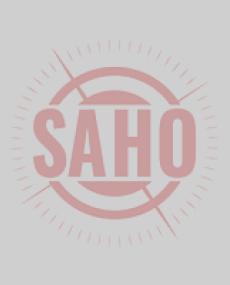
A controversial White champion of African rights, Patrick Duncan played a conspicuous role in opposition politics for over a decade, attracting notice from the beginning of his political career because of his famous father, a former governor-general of South Africa. He was born in Johannesburg,29 June in 1918 and was educated in England, at Winchester and Oxford. He served in the British colonial service in Basutoland from 1941 to 1952, during which time he became fluent in Sesotho. In 1952 he resigned his post and lead the first batch of white resisters in the Defiance Campaign. Unable to join the African National Congress (ANC), in 1955 he joined the new Liberal Party, of which he later became national organizer.
Among Liberals he was known as an emotional anti-communist, and this inclination showed through strongly inContact, the fortnightly paper that he edited and published in Cape Town in support of the Liberal Party in 1958.In December 1958 he and his wife and Jordan Ngubane represented the LPat the All-Africa Peoploe's Conference in Acca. In late 1960 contact survived efforts by the government to suppress it, but in early 1961 and he was jailed for three weeks for refusing to reveal his source for a controversial article in Contact. In 1962 Duncan was served with banning orders,barring him for five years from attending gatherings of more than two people and a futher ban a year later prohibited him from leaving the magisterial district of Cape Town. He moved secretly to Basutoland in May 1962. In March 1963 he resigned from the Liberal Party on the grounds that he no longer accepted its defense of non-violence. Shortly thereafter he was accepted as a member of the Pan Africanist Congress (PAC). After being declared a prohibited immigrant in Basutoland in June 1963, Duncan moved to Algeria, where he published a PAC newssheet in French.
He wrote articles for British and American periodicals and a book. South Africa's Rule of Violence (1964). In 1965 he got expelled from the PAC over difference of opinion,Duncan remained in Algeria with a church supported post-revolutionary relief organization. A Christian Scientist by religion,he died in 1967 of a blood disease contracted in Algeria.He wrote innumerable articles for the press and international periodicals and three books:Sesotho Laws and Customs(1960),South Africa's Rule of Violence(1964),and Man and the Earth( published postumously in 1975), a prescient discussion of the importance of biodiversity. C.J."Jonty" Drive published a biography of Duncan in 1980.